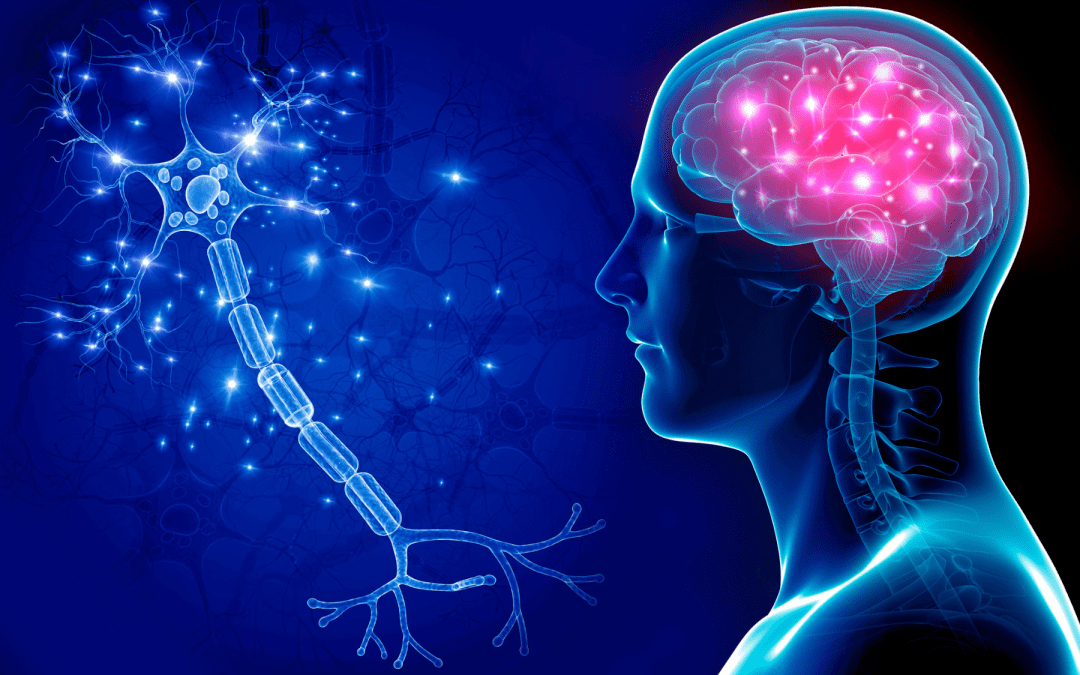News

New Grant to QB3 Will Explore Autism Spectrum Disorder Using 3D Brain Organoid Models
The University of California’s Office of the President has awarded QB3 a $1.8 million grant by the to explore the origins of autism spectrum disorder (ASD). The funds will support researchers in the “Braingeneers” group at UC Santa Cruz, UCSF, and UC Berkeley who will...

How optogenetics can put the brakes on epilepsy seizures
In what could one day become a new treatment for epilepsy, researchers at UC San Francisco, UC Santa Cruz and UC Berkeley have used pulses of light to prevent seizure-like activity in neurons. November 15, 2024 By Emily Cerf The researchers delivered genes for...

Bioelectronics enable precise control of organoids for better understanding of neuro diseases, neuron circuits
Cortical organoids, which are miniature three-dimensional models of brain tissue grown from stem cells, offer scientists a sophisticated and accurate model to better understand how neurons control brain functioning — but researchers are still developing methods to perform precise experiments on these delicate models.

Postdoc Spotlight: Maryam Moarefian
Maryam Moarefian is developing a platform for studying neural networks in “cortical organoids,” model brain tissue grown from stem cells September 16-20 is Postdoc Appreciation Week, when we celebrate the incredible contributions that postdoctoral scholars make to the...

Researchers to investigate genetic roots of autism
A new award from the California Institute for Regenerative Medicine (CIRM) will support a team of UC Santa Cruz researchers in exploring the genetic underpinnings of autism spectrum disorder (ASD) and investigating possible treatments, in collaboration with teams at UC San Francisco and UC Berkeley.

The genes that made us truly human may also make us ill
The changes in our genes since our ancestors and apes evolved from a common ancestor helped us develop bigger brains and upright walking. But did they also have a downside?
New Genetic Clues to the Mystery of Your Giant Brain
Compared to gorillas and orangutans, our brains are 3X as big. Brain size is likely a big part of what makes us human. UC Santa Cruz and UCSF scientists recently made an important discovery shedding light on how we got big brains.
